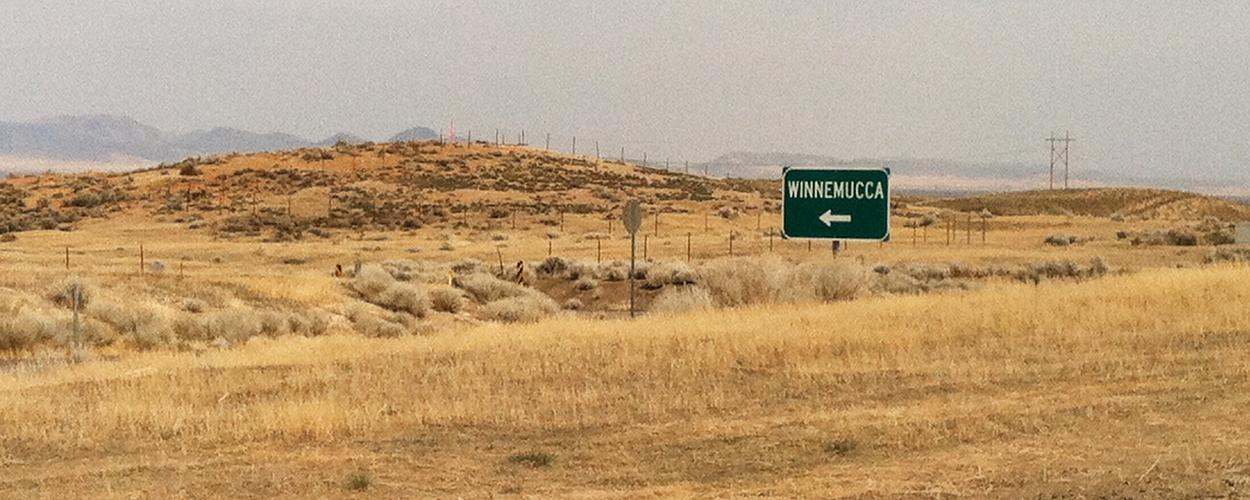When the writing process is just beginning, writers should write freely. That means setting judgements aside, opening your mind, and allowing ideas and words to flow uninterrupted. If you start to edit your copy or change too many words at this stage, the writing process becomes disrupted, the result often being the dreaded ‘writers block.’
The editing process, however, is a whole nother beast. It’s about stepping back and using a different part of your brain to make sense of that initial work.
Editing can be fun, and it can also be ruthless (and the two aren’t mutually exclusive). Most of all, though, it’s almost always freeing. Once you rid your writing of all that dead weight, a pressure lifts, and your prose has room to breathe…and sing.
Every writer can benefit from editing–whether they’re doing the job themselves (that’s what rewrites are about) or leaving it to someone else. And part of an editor’s job is to look at each sentence, even each individual word, and ask: Is it necessary?
If you can make a case for the word, hold onto it…for now. If you are having trouble making that case, this may be a good sign that you can delete it. Oftentimes our sentences get clogged with unnecessary words, and all it takes is some ruthless action to clear things up. And you’ll quickly find that once you get rid of the riffraff, the words you really care about–the ones with purpose–stand out.
That’s not to say you should remove all color and kill every frill or embellishment. Just get the roadblocks out of the way. If a sentence is awkward, step away for a second, and then see if you can say it differently–and with fewer words. When in doubt, read it out loud. If you stumble when speaking your sentences, that’s a clue that something may be amiss.
Again, if you’re still in the writing process, stay there. Don’t worry about edits just yet. But when the time does come, feel free to be ruthless. And as part of that ruthless process, dump those unnecessary words. Doing so will strengthen the ones that remain.

